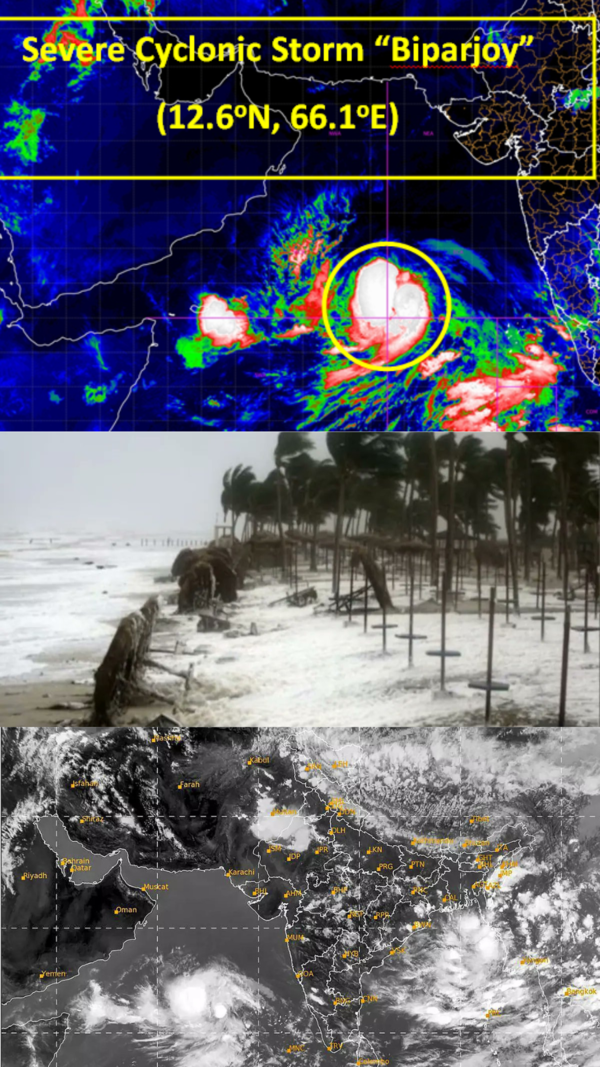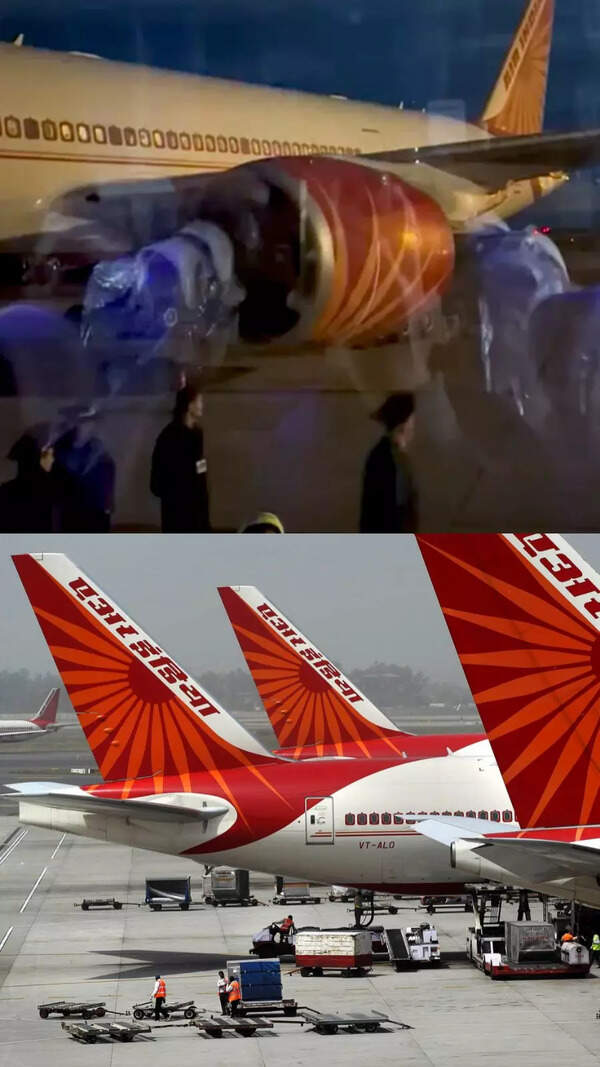- News
- City News
- ahmedabad News
- Extradition file of bootlegger Vijay Udhwani bore no sign of central authority, Gujarat HC told
Trending
Extradition file of bootlegger Vijay Udhwani bore no sign of central authority, Gujarat HC told

Vijay Udhwani
AHMEDABAD: While processing the extradition request for alleged bootlegger Vijay Udhwani alias Viju Sindhi, the Dubai authorities observed that his extradition file did not bear any signature or seal of the central authority of India. When asked to supply necessary documents, the authorities lacked the seriousness to fulfil deficiencies, the records revealed.
The process of extradition of the alleged bootlegger was revealed in documents submitted in the Gujarat high court on Tuesday. The communications placed before the HC reveal the opinion of the legal authority of the Dubai government while evaluating Sindhi's extradition request. The State Monitoring Cell (SMC) of Gujarat on the other hand has been maintaining that it had supplied all requisite documents in time.
Sindhi's wife has demanded quashing of the Red Corner Notice (RCN) issued by the Interpol and the extradition request sent by the Indian government to the Dubai government on the ground that the allegations of bootlegging under the Gujarat Prohibition Act are not serious enough to qualify for such international actions.
After finding the absence of signature and seal of the central authority on January 18, a senior advocate general and the chief of international judicial cooperation department in Dubai suggested to his ministry of justice that the competent Indian authorities may be asked to fulfil the requirements and supply necessary documents so that extradition request can be considered.
The same opinion was sent to the General Directorate of Criminal Investigation.
Sindhi's wife placed all the documents before the high court to state on an affidavit that the RCN/extradition file was closed for lack of seriousness of the request and complying with the deficiencies in the extradition file. "The papers related to the extradition request were returned to the competent authority in India," the affidavit reads.
The petitioner highlighted the non-signing and absence of seal by any central government authority in India and submitted, "The question that would then lie before the court is as to how the purported extradition request reached the competent authority in Dubai?"
Before the HC, Gujarat police had stated that Sindhi faces 146 FIRs for bootlegging. His wife stated that when Sindhi went to Dubai in July last year and the RCN was issued, there were 38 FIRs against him. She has requested the HC to call for records of the complaints against Sindhi.
Based on the RCN by Interpol, Dubai authorities arrested Sindhi. While releasing him on bail, the Dubai authority observed that the Indian authorities were formally addressed to send Sindhi's file, "but to no avail, which reveals lack of seriousness and intransigence". Among other grounds, the Dubai authority cited "the maliciousness of the accusation" and "fabricating the accusation" from the party requesting extradition. The high court is likely to hear the case on Thursday.
The process of extradition of the alleged bootlegger was revealed in documents submitted in the Gujarat high court on Tuesday. The communications placed before the HC reveal the opinion of the legal authority of the Dubai government while evaluating Sindhi's extradition request. The State Monitoring Cell (SMC) of Gujarat on the other hand has been maintaining that it had supplied all requisite documents in time.
Sindhi's wife has demanded quashing of the Red Corner Notice (RCN) issued by the Interpol and the extradition request sent by the Indian government to the Dubai government on the ground that the allegations of bootlegging under the Gujarat Prohibition Act are not serious enough to qualify for such international actions.
After finding the absence of signature and seal of the central authority on January 18, a senior advocate general and the chief of international judicial cooperation department in Dubai suggested to his ministry of justice that the competent Indian authorities may be asked to fulfil the requirements and supply necessary documents so that extradition request can be considered.
Two months later, the chief of the international judicial cooperation department told the public prosecution to "close the file of the person called Vijay Udhwani (Indian nationality) for lacking seriousness of the request and not providing us the requirements (deficiencies of the extradition file)", and to "cease the investigation".
The same opinion was sent to the General Directorate of Criminal Investigation.
Sindhi's wife placed all the documents before the high court to state on an affidavit that the RCN/extradition file was closed for lack of seriousness of the request and complying with the deficiencies in the extradition file. "The papers related to the extradition request were returned to the competent authority in India," the affidavit reads.
The petitioner highlighted the non-signing and absence of seal by any central government authority in India and submitted, "The question that would then lie before the court is as to how the purported extradition request reached the competent authority in Dubai?"
Before the HC, Gujarat police had stated that Sindhi faces 146 FIRs for bootlegging. His wife stated that when Sindhi went to Dubai in July last year and the RCN was issued, there were 38 FIRs against him. She has requested the HC to call for records of the complaints against Sindhi.
Based on the RCN by Interpol, Dubai authorities arrested Sindhi. While releasing him on bail, the Dubai authority observed that the Indian authorities were formally addressed to send Sindhi's file, "but to no avail, which reveals lack of seriousness and intransigence". Among other grounds, the Dubai authority cited "the maliciousness of the accusation" and "fabricating the accusation" from the party requesting extradition. The high court is likely to hear the case on Thursday.
Start a Conversation
FOLLOW US ON SOCIAL MEDIA
FacebookTwitterInstagramKOO APPYOUTUBE










